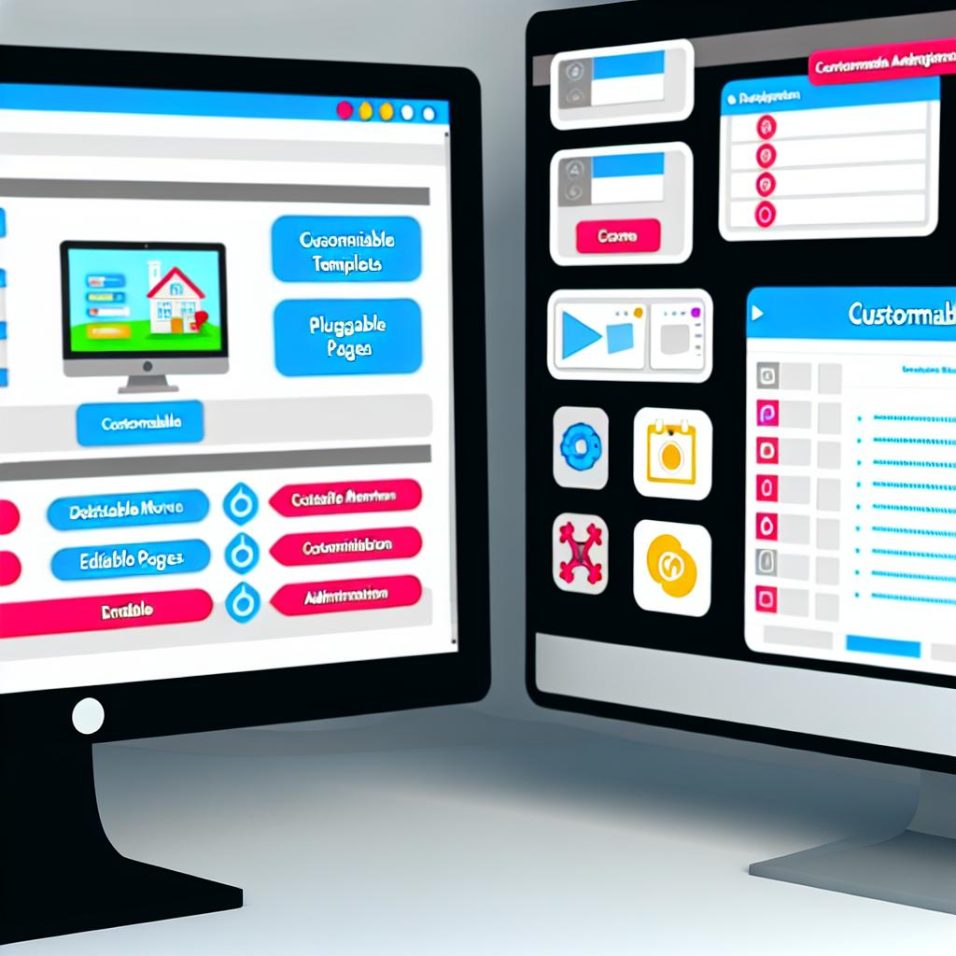Advanced Strategies for User Metadata Management
Adopting advanced strategies for managing user metadata in WordPress can further redefine how we interact with and serve our user base. The following sections delve into specific use cases and innovative approaches to leverage WordPress user metadata beyond basic applications.
User Segmentation and Targeting
One powerful application of user metadata is the ability to segment users into distinct groups based on specific metadata values. This approach allows for precise targeting of content and marketing campaigns. By dynamically pulling data from the `wp_usermeta` table, you can create segments based on user behavior, preferences, locations, or any other stored metadata.
Example Use Case: If you have an e-commerce site, you can create a segment of users interested in specific product categories based on their browsing history or previous purchases stored in the metadata. With this information, you can tailor email marketing campaigns or suggest products directly related to their interests.
Integrating Metadata with Third-party Tools
Integrating user metadata with third-party applications and tools can open up new opportunities for automation and efficiency. Connecting metadata with Customer Relationship Management (CRM) systems, for instance, enables automated workflows and enhanced customer service.
Example Integration: Use user metadata to automatically update CRM entries each time a user changes their profile information on your site. This ensures that your sales and customer support teams have the most current data at their fingertips.
Implementing Security and Privacy Measures
When handling user metadata, particularly sensitive data, security and privacy must be prioritized. WordPress developers should ensure metadata is stored and processed securely, complying with data protection regulations such as GDPR.
Data Encryption: Consider encrypting sensitive metadata values before storing them in the database to protect against data breaches.
Privacy Permissions: Implement user consent functionalities where necessary, ensuring users are aware of what data is being collected and how it is utilized.
Metadata and User Experience (UX) Design
User metadata can also significantly influence the user experience design of a WordPress site. By harnessing metadata, designers and developers can create more intuitive and seamless user interfaces.
Dynamic Content Delivery: Use metadata to deliver personalized content experiences, such as showing different homepage layouts based on user roles or past interactions.
Navigation Customization: Adapt site navigation to reflect user preferences, streamlining the journey for repeat visitors.
Challenges and Best Practices
While user metadata presents numerous advantages, it also comes with challenges that must be addressed to maintain optimal performance and compliance.
Data Management: Keep metadata streamlined and avoid unnecessary complexity by periodically reviewing and cleaning up unused or outdated metadata entries.
Scalability Considerations: Ensure your metadata model is scalable, especially if you anticipate significant growth in your user base.
Automating Metadata Processes
Automation can greatly reduce the overhead involved in managing user metadata. By employing WordPress hooks and scheduling scripts, tasks such as metadata creation, updating, and deletion can be automated.
Cron Jobs: Leverage WordPress’s built-in scheduling mechanisms to run regular checks on metadata integrity or to perform bulk updates.
Conclusion and Future Directions
Through strategic implementation of user metadata, you can achieve a high degree of customization and efficiency on your WordPress site. As technology evolves, consider exploring new methodologies and tools for metadata management, always keeping abreast of privacy and security advancements.
For more insights and updates, you can explore resources like the WPBeginner blog to keep learning about best practices and innovative techniques in the WordPress ecosystem. The potential of user metadata is vast, and with thoughtful application, it can significantly enrich the functionality and appeal of your WordPress site.

